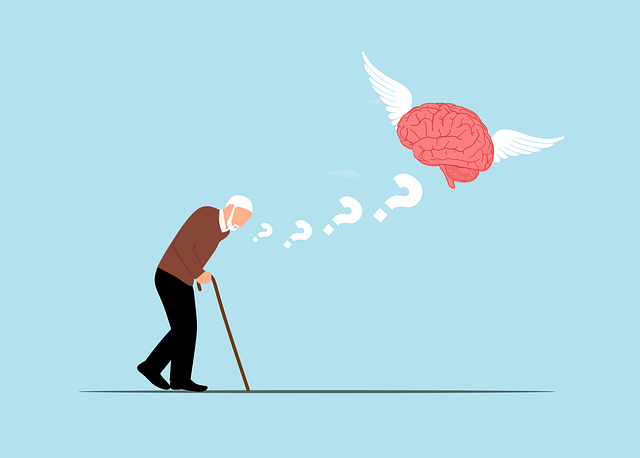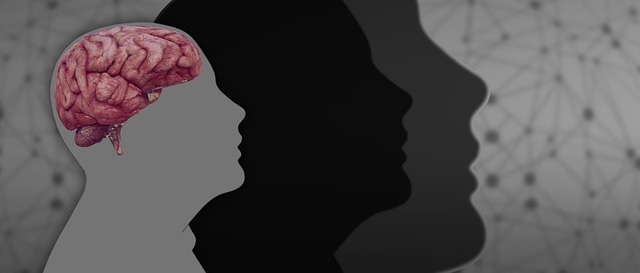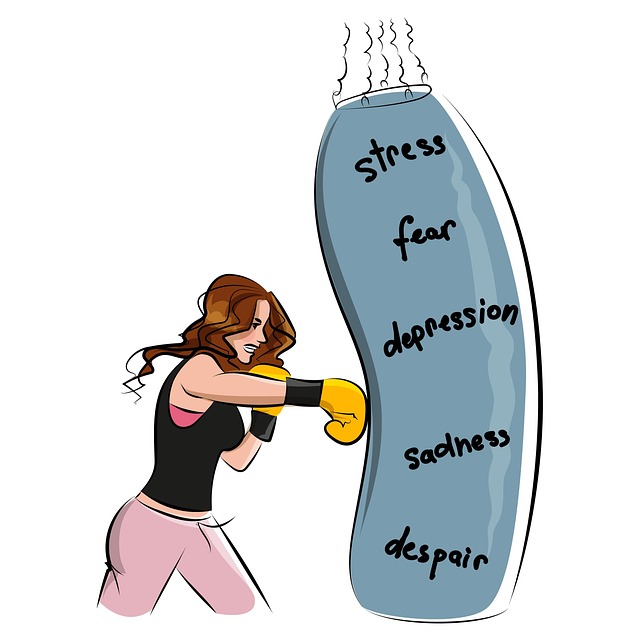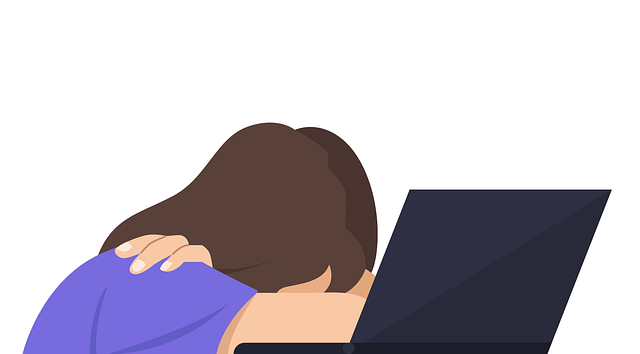Mental health education for the elderly and new mothers with postpartum depression is crucial but often overlooked. Specialized programs integrating CBT, mindfulness, and trauma support can improve coping skills and stress management. These initiatives, coupled with burnout prevention workshops for healthcare providers, address unique challenges like loneliness and isolation in the elderly, and postpartum depression in new mothers. Engaging curricula, community-based support groups, and advocacy for accessible therapy (e.g., CBT) reduce stigma, promote holistic well-being, and foster supportive communities. Key focus areas include diverse learning, inclusive practices, and stress reduction techniques, ensuring effective mental health care tailored to vulnerable populations like elders and new mothers.
“Unveiling comprehensive mental health education program design, this article navigates critical aspects essential for addressing prevalent issues in elderly populations and new mothers. With a focus on evidence-based therapies, we explore integrating effective treatments for elders and postpartum depression into engaging curricula. Furthermore, strategies for creating inclusive content and implementing support systems are highlighted, ensuring community engagement. By understanding unique considerations, program designers can foster robust educational experiences promoting mental well-being.”
- Understanding Mental Health Challenges in Elderly Populations
- Postpartum Depression: Unique Considerations for New Mothers
- Integrating Evidence-Based Therapies into Program Curricula
- Designing Engaging and Inclusive Educational Content
- Implementing Support Systems and Community Engagement Strategies
Understanding Mental Health Challenges in Elderly Populations

Mental health issues among the elderly are a growing concern, with challenges often going unnoticed or undiagnosed. As people age, they may face unique struggles such as loneliness, isolation, and cognitive decline, which can significantly impact their emotional well-being. Understanding these challenges is crucial when designing mental health education programs tailored to this demographic. Postpartum depression, for instance, is not uncommon among older mothers, highlighting the need for specialized support.
Elderly individuals often require different approaches to coping skills development and stress management compared to younger populations. Incorporating therapeutic interventions like cognitive-behavioural therapy (CBT) or mindfulness practices can be beneficial. Moreover, organizing workshops that focus on burnout prevention strategies for healthcare providers who care for the elderly is essential. These initiatives aim to enhance their resilience and overall mental health while providing them with effective tools to manage stress and prevent professional burnout.
Postpartum Depression: Unique Considerations for New Mothers

Postpartum depression is a unique mental health challenge that requires specialized consideration for new mothers. Often overlooked within the broader discourse on mental wellness, this condition can significantly impact an individual’s ability to care for themselves and their newborn. The transition into motherhood brings immense joy but also comes with substantial hormonal shifts and adjustments, which can exacerbate existing mental health issues or trigger new ones.
Designing an effective mental health education program must include specific components tailored to address postpartum depression. A comprehensive approach could incorporate therapy sessions focusing on cognitive-behavioral techniques, along with the promotion of compassion cultivation practices—a proven strategy for enhancing emotional resilience and reducing symptoms of anxiety and depression. Additionally, integrating trauma support services is crucial, considering many new mothers may have experienced prior traumas that can resurface during this vulnerable period. The Mental Wellness Podcast Series Production could also play a vital role in educating and normalizing conversations around postpartum mental health challenges, fostering a supportive community for those affected.
Integrating Evidence-Based Therapies into Program Curricula

Integrating evidence-based therapies into mental health education programs is a strategic approach to empowering individuals with effective coping mechanisms. For older adults, cognitive behavioral therapy (CBT) has proven successful in managing various mental health concerns, including depression. By incorporating CBT techniques, students can learn to identify and challenge negative thought patterns, a skill invaluable for promoting resilience among the elderly population.
Moreover, addressing postpartum depression through specialized therapy modules is another critical aspect of comprehensive mental health education. This ensures that future healthcare professionals are equipped to support new mothers experiencing emotional challenges. Incorporating self-care practices alongside evidence-based therapies fosters holistic well-being. Additionally, mental health policy analysis and advocacy play a pivotal role in ensuring these therapies are accessible and integrated into mainstream healthcare services, thereby reducing the stigma surrounding mental health issues and encouraging early intervention. Empathy building strategies are also essential to train professionals to understand and connect with individuals from diverse backgrounds, ensuring culturally sensitive care.
Designing Engaging and Inclusive Educational Content

In designing educational content for mental health programs, especially targeting vulnerable populations like elders and new mothers experiencing postpartum depression, engagement and inclusivity are key. The curriculum should be tailored to cater to diverse learning styles and cultural backgrounds, ensuring accessibility for all participants. Incorporating interactive elements, such as group discussions, role-playing scenarios, and multimedia resources, can make the learning experience more dynamic and appealing. For instance, incorporating therapy techniques like mindfulness exercises or art therapy might resonate well with elders, while postpartum depression support groups could foster open communication among new mothers, reducing stigma associated with mental illness.
Moreover, addressing burnout prevention strategies for healthcare providers is essential within these programs. By integrating communication strategies that promote self-care and stress management, educators can empower participants to recognize their own mental health needs. This holistic approach not only focuses on treating specific conditions like postpartum depression but also works towards reducing the broader mental illness stigma through open dialogue and education. Engaging content thus becomes a powerful tool to create supportive communities, offering both practical solutions for burnout prevention and enhanced understanding of mental health challenges among elders and new mothers.
Implementing Support Systems and Community Engagement Strategies

Implementing support systems and community engagement strategies is a vital aspect of designing an effective mental health education program, especially when addressing specific populations like elders and new mothers suffering from postpartum depression. Community-based programs can create safe spaces for individuals to connect, share experiences, and offer mutual support, fostering a sense of belonging and reducing feelings of isolation. By organizing group therapy sessions or support groups tailored to these demographics, participants can engage in self-awareness exercises that help them recognize and manage their mental health challenges.
These initiatives should also incorporate stress reduction methods, such as mindfulness practices and relaxation techniques, which have been proven effective for both elders and new mothers. Engaging community leaders, healthcare professionals, and local organizations can enhance program reach and impact. Collaborating with these entities ensures that participants have access to a network of resources, including therapy for elders and specialized postpartum depression support, thereby promoting holistic mental health awareness and improvement.
Mental health education programs play a pivotal role in addressing the unique challenges faced by both elderly populations and new mothers. By integrating evidence-based therapies, designing engaging content, and implementing support systems, we can create inclusive learning environments that foster resilience and improve overall well-being. Specifically, focusing on postpartum depression among new mothers and mental health issues in the elderly ensures tailored interventions. Ultimately, these programs have the potential to revolutionize care, making mental health support accessible and enhancing the lives of those in need, from folks navigating postpartum challenges to seniors seeking therapy for elders with mental health concerns.








